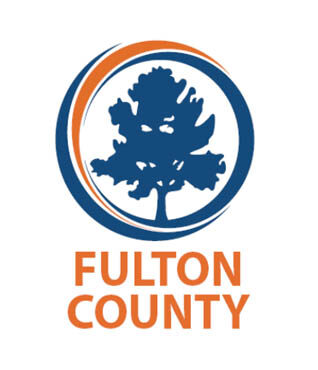Reentry the NIA way
“Reentry is… an ongoing process that starts from the moment an individual is initially incarcerated and continues throughout that individual’s transition from incarceration and reintegration into the community.”
– US DOJ, Bureau of Justice Assistance
Reentry…
The NIA Way
NIA has worked in the reentry space since our first year of operation. We understood early on that even among the best of intentions, reentry preparedness was only discussed when individuals were soon to be released, no matter how long individuals had been incarcerated with no structured, measured, or consistent rehabilitation.
In the absence of such structured, consistent, and comprehensive rehabilitation for reentry success, the NIA learned how to step in when a crisis arises, or when an incarcerated person or their supportive loved ones would reach out to the NIA for support. We learned how to help them navigate that particular crisis, but also how to take advantage of offered counseling and programs, work through challenges, and hone in on a focus to continue growing and developing their potential. We learned how to start reentry at any point, as the primary element of the entire journey of incarceration.


Reentry…
The NIA Way
NIA has worked in the reentry space since our first year of operation. We understood early on that even among the best of intentions, reentry preparedness was only discussed when individuals were soon to be released, no matter how long individuals had been incarcerated with no structured, measured, or consistent rehabilitation.
In the absence of such structured, consistent, and comprehensive rehabilitation for reentry success, the NIA learned how to step in when a crisis arises, or when an incarcerated person or their supportive loved ones would reach out to the NIA for support. We learned how to help them navigate that particular crisis, but also how to take advantage of offered counseling and programs, work through challenges, and hone in on a focus to continue growing and developing their potential. We learned how to start reentry at any point, as the primary element of the entire journey of incarceration.

What makes our Reentry program special?
The NIA has developed its Reentry program under a specific core philosophy: Crisis Mitigation and Personal Interactive Rehabilitation. Thus, we have named our approach CPR for short.
The goal of our reentry program – NIA’s CPR – is to keep people safe while incarcerated, to help them develop capacity and potential, and to succeed in reentering their communities.
Some people see REENTRY as providing the logistics of housing, work, transportation, etc.
Some prefer the idea of REINTEGRATION as a way to fully blend back into society with treatment and patience over time.
Few people talk enough about RESTORATION as an intentional way of making people whole from trauma and harm; victims, families, and communities.
At NIA, when we say “reentry” we mean all three.
Sincere & Compassionate Intervention

Ensure the loved one is safe and protected

Work with family to calm the loved one through difficult emotions

Gain facts to present options to influencers and decision makers

Review with team how best to adjust, gain trust, and shift focus

Follow through with strategic interactions to channel resources and develop potential
A COMPREHENSIVE
200-POINT DATA-SPECIFIC SYSTEM
NIA’s Reentry is driven by structure and measures that start at any
point along the entire journey of incarceration:
- Demographic Data
- Critical Personal History
- Case Description and Facts
- Sequence of Assessments
- Evolving Situational Status
- Interactive Progress Coding
- Planning & Follow-Up Strategies
- Detailed Narrative Comments that are Combed through for more Data
A COMPREHENSIVE
200-POINT DATA-SPECIFIC SYSTEM
NIA’s Reentry is driven by structure and measures that start at any point along the entire journey of incarceration:
- Demographic Data
- Critical Personal History
- Case Description and Facts
- Sequence of Assessments
- Evolving Situational Status
- Interactive Progress Coding
- Planning & Follow-Up Strategies
- Detailed Narrative Comments
Prison does not rehabilitate!
Ask any person living in prison or who comes out of prison with the best intentions about some idea of comprehensive rehabilitation, and that’s their response. NIA’s reentry model is built to break the cycle of ignoring those words. This program was designed from personal efforts out of the need for support and guidance after firsthand witnessing the shortcomings of carceral systems. Our all-volunteer staff is made up largely of people who have been incarcerated themselves or have a spouse or child in prison. Being able to relate to the kind of trauma one experiences in prison connects us more deeply to the needs of families, and it guides our passion to help improve systems in the best interest of public safety and community vibrancy.
Contact Us
900 Old Roswell Lakes Parkway Suite 100B, Roswell, GA 30076
470-869-2966
info@joinNIA.com

Funding provided in part by the Fulton County Board of Commissioners under the guidance of the Department of Community Development.

About The NIA
Breaking Cycles of Failure